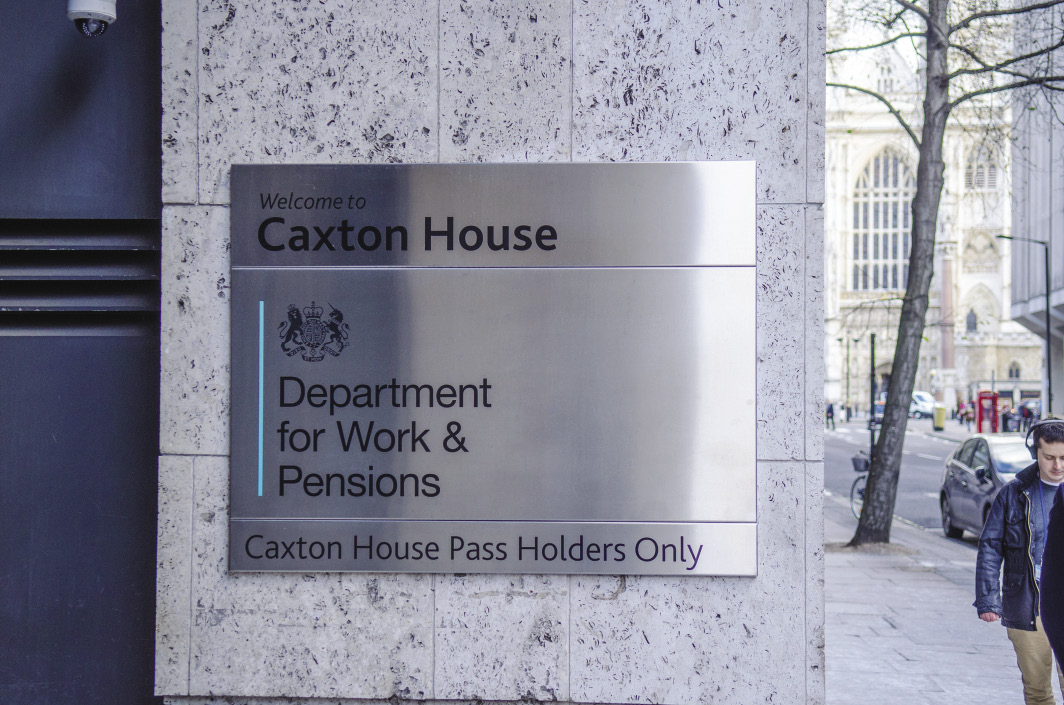
James Copson addresses the allure & hidden dangers of offsetting
Old habits die hard. In the last century there was no legislation in force permitting true pension sharing on divorce. Until pension sharing was introduced in 2000 the policy holder’s fund would often be traded in the settlement for money now. This is called offsetting.
The latest government statistics indicate that in only 36% of divorce cases where there has been a financial remedy order (so the figure is in fact lower than this for all divorces) has there been some form of pension order, including sharing, the legislation for which came into force in December 2000. That suggests that offsetting is still commonplace.
I am a co-author of the July 2019 report of the Pension Advisory Group (PAG) entitled ‘A Guide to the Treatment of Pensions on Divorce’. Our ambition was to assist professionals and the public alike on how to navigate the minefield of pensions on divorce.
Here, I cannot hope to cover the whole range of issues









